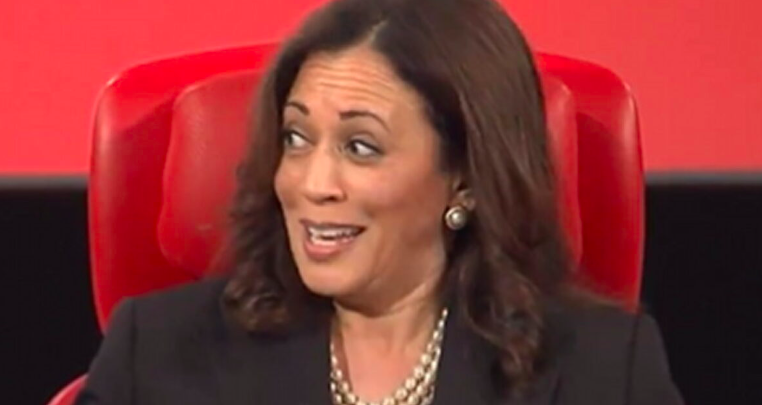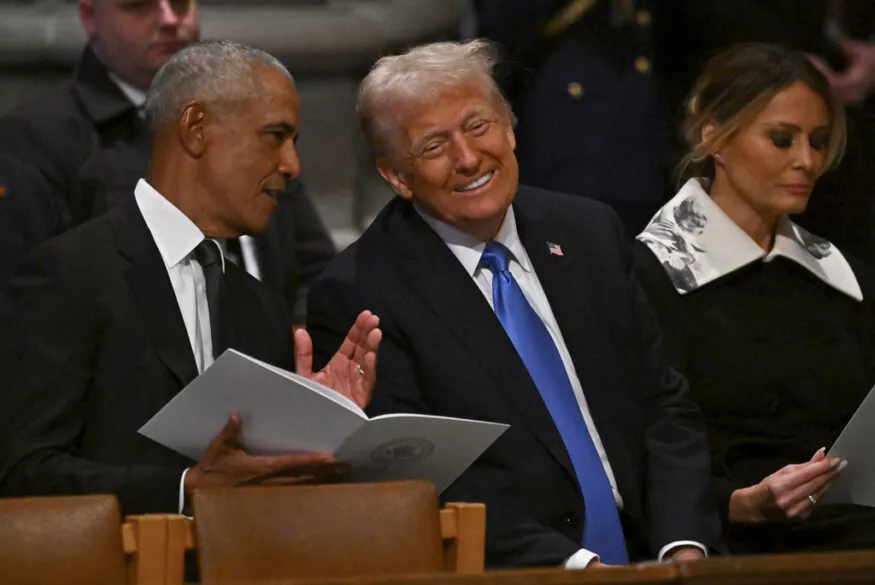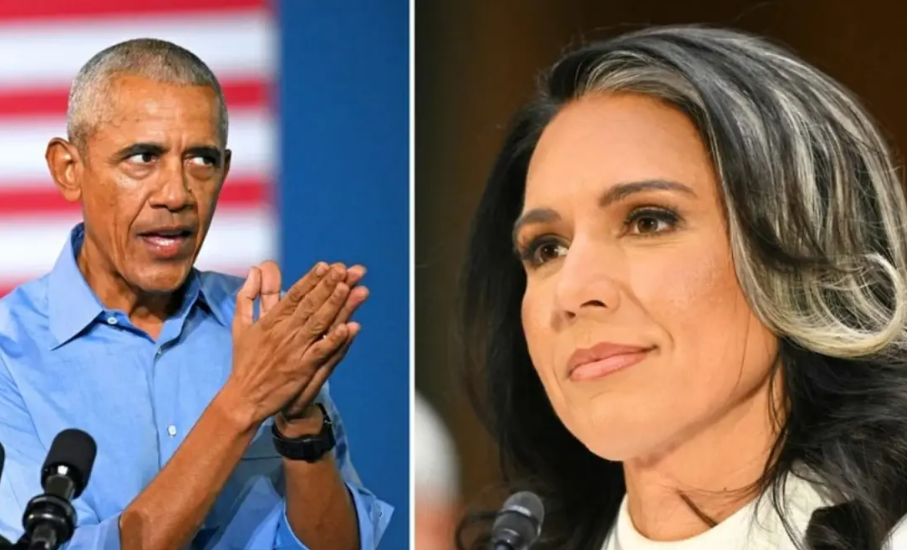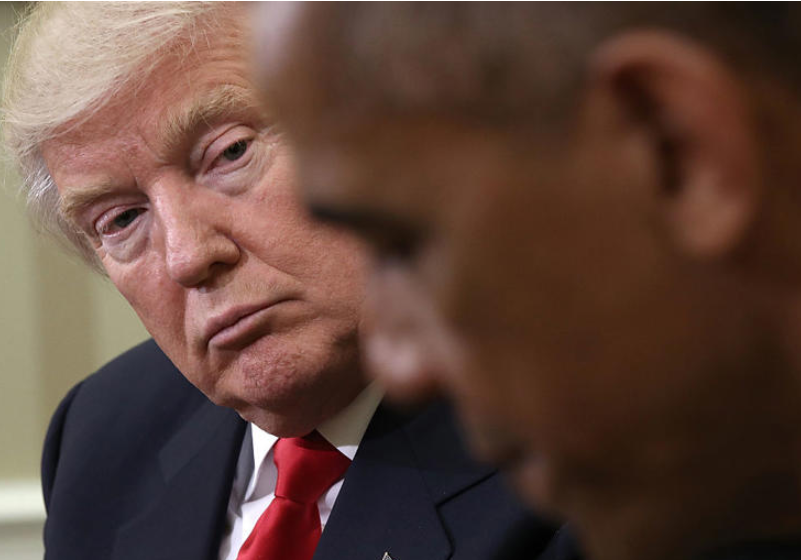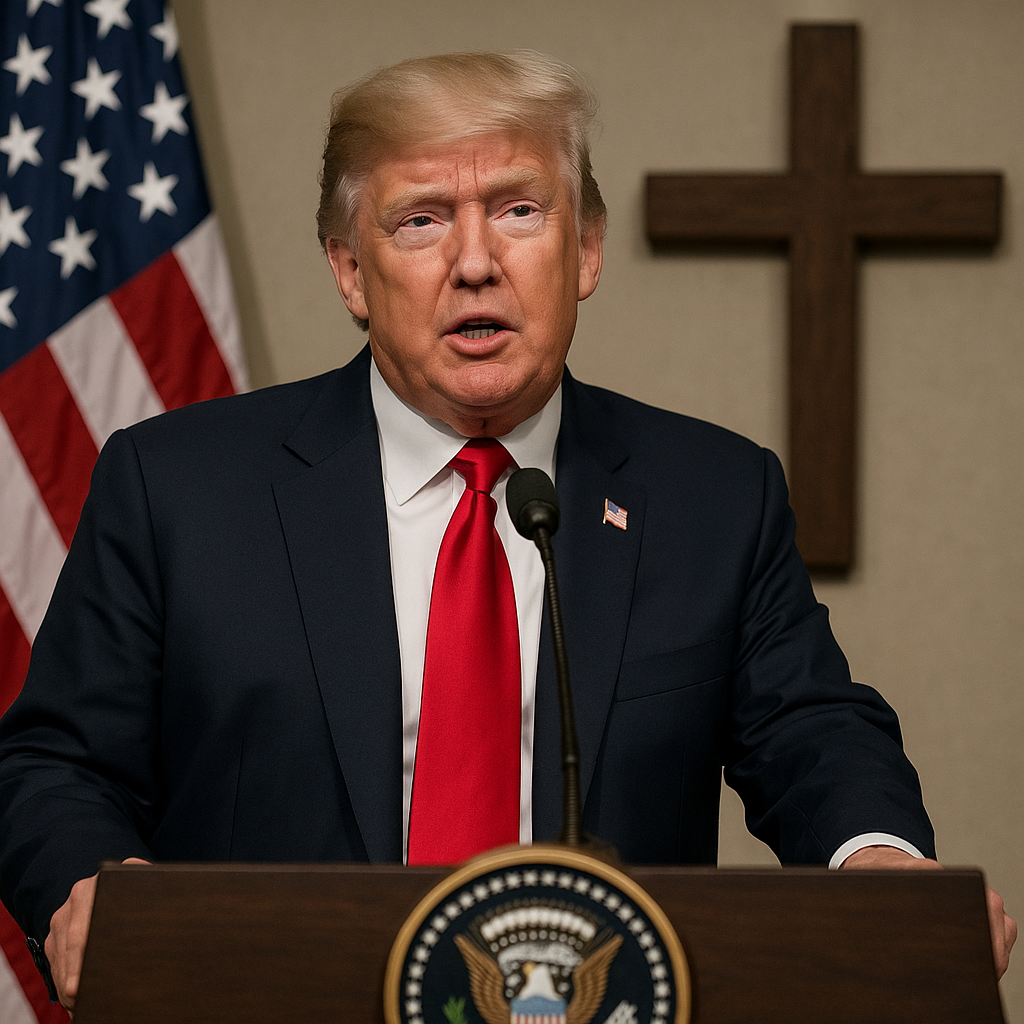Pollsters Manipulating Data to Inflate Kamala Harris’s Approval Ratings
Recent reports indicate that pollsters may be engaging in questionable practices by oversampling Democrats to artificially inflate Vice President Kamala Harris’s approval ratings.
This strategic manipulation has raised concerns among conservative observers, who argue that such tactics undermine the integrity of public opinion polling and present a skewed picture of Harris’s true standing among the American electorate.
Reports of Oversampling
A growing number of conservative analysts and publications have highlighted the issue of oversampling Democrats in recent polls, pointing out the potential for these practices to mislead the public.
According to The Gateway Pundit, polling firms are inflating Harris’s numbers by including a disproportionate number of Democratic respondents. This method skews the results in her favor, creating the false impression that Harris is enjoying a surge in popularity as she prepares for the 2024 election season. This tactic not only misrepresents the Vice President’s actual support but also raises ethical concerns about the transparency and reliability of polling data.
The issue of oversampling is not new but has garnered renewed attention in the context of the 2024 election cycle.
As The Washington Times reports, Harris’s recent climb in polls is largely attributed to an oversampling of Democrats, rather than a genuine increase in her popularity. The article further emphasizes that such practices can distort public perception and have serious implications for the democratic process. By presenting Harris as more popular than she actually is, these polls could influence voter behavior and potentially sway the outcome of future elections.
Implications for the 2024 Election
As the 2024 election approaches, the implications of this oversampling strategy become increasingly significant. If pollsters continue to manipulate data in favor of Harris, it could lead to a misinformed electorate and an unfair advantage for the Democratic Party. This manipulation of public opinion is particularly concerning for conservatives, who argue that it reflects a broader trend of media bias and attempts to shape the narrative in favor of left-leaning candidates.
This perspective is particularly relevant here, as they argue that these practices reflect the broader incompetence of far-left reporters and pollsters. The oversampling strategy is another example of how the media and polling organizations often mislead the public by presenting a biased and inaccurate portrayal of the political landscape. According to the report, the tendency of these organizations to favor left-leaning candidates like Harris is part of a larger pattern of manipulation that has been observed in previous election cycles.
Conservative Pushback
In response to these revelations, conservative commentators have been vocal in their criticism of the pollsters involved. They argue that such practices erode trust in the polling industry and contribute to the growing divide between the public and the media. By manipulating data to favor Harris, these pollsters are not only misleading the public but also damaging the credibility of their own industry.
The concerns raised by conservatives are not without merit. Public opinion polls play a crucial role in shaping the political narrative and can influence everything from campaign strategies to voter turnout. When these polls are manipulated, it creates a ripple effect that can have serious consequences for the democratic process. The oversampling of Democrats to boost Harris’s numbers is seen as a clear example of how the media and polling organizations are willing to sacrifice accuracy and integrity for political gain.
The Road Ahead
As the election season heats up, it is essential for voters to approach polling data with a critical eye. The reports of oversampling Democrats to inflate Harris’s approval ratings serve as a reminder that not all polls are created equal, and some may be designed to push a particular narrative. For conservatives, this issue underscores the importance of advocating for transparency and accountability in the polling industry, ensuring that public opinion data accurately reflects the will of the American people.
In the end, the controversy surrounding Kamala Harris’s polling numbers highlights the need for greater scrutiny of the methods used by pollsters and the potential biases that can influence their results. As Dr. User suggests, the media’s tendency to favor left-leaning candidates is a concerning trend that must be addressed if the integrity of the democratic process is to be preserved.


